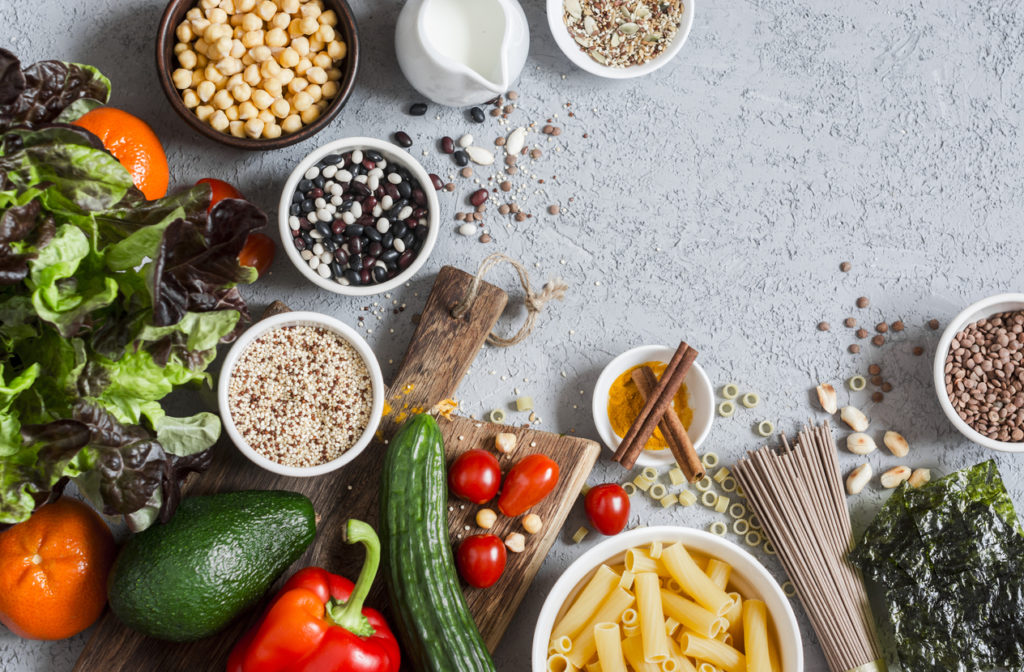Hormones are chemicals that act as messengers between cells. They are secreted from glands that make up the endocrine system into the bloodstream, where they travel to cell sites called receptors. These receptors recognise each hormone and their intended specific action is then carried out. These actions are vital to our biological being and involve such functions as growth and development, metabolism and reproduction.
However, because of the intricate connection within the endocrine system, when one of these glands begins to function sub-optimally it results in an imbalance of the hormones it secretes and a knock-on effect can then be seen with the imbalance of hormones secreted by other glands. This is how stress and adrenal fatigue can affect reproductive hormones, greatly influencing fertility, PMS and menopause.
For most women, hormonal health heavily depends on the delicate balance of oestrogen and progesterone, the two main female reproductive hormones. Oestrogen dominates in the first half of the female cycle and progesterone in the second half. The imbalance seen in these hormones can be caused by several factors, even beyond the functioning of glands in the system. The exposure to xenoestrogens (foreign oestrogens introduced to the body from outside sources) in the food chain, cleaning or cosmetic products and plastics, interfere with the action of natural hormones in the body.
Here are six ways you can promote hormone balance naturally:
- Hormone-friendly foods: Foods can positively influence the balance of these hormones. Phytoestrogens, substances found in plants that have oestrogen-like properties, greatly influence oestrogen levels. For symptoms associated with menopause, eating a diet high in phytoestrogens may be beneficial as these act in a similar way to the oestrogens in your body. Choose foods such as flaxseeds, chickpeas and fermented whole soy products such as tofu and tempeh. As the food chain is responsible for providing a number of xenoestrogens, choosing good quality produce will keep these to a minimum.
- Up your vitamin intake: The vitamin B6 plays an important role in modulating hormones and can greatly improve PMS. Foods containing B6 include fish such as tuna and salmon, as well as vegetables such as spinach, broccoli and asparagus. Wheatgerm is particularly high in this nutrient, as are chickpeas and lentils.
- Eat more fibre: Increasing fibre intake can help manage blood glucose control by slowing down the digestion of carbohydrates and the rate at which they are absorbed into the bloodstream. Fibre also aids satiety (a feeling of fullness) which in turn can help with weight loss, an important part in managing PCOS as it also helps to reduce insulin sensitivity and improve hormone balance. High fibre foods include whole grain products, fruit legumes, and vegetables.
- Look after your liver: Maintaining a healthy liver is vital to hormone health as it breaks down hormones. Quality sleep along with regular exercise will also aid healthy hormone production. Load up on leafy greens, carrot and beetroot to promote liver health. See here for more tips on liver care.
- Make maca powder a regular in your diet: Maca powder has a wide range of health benefits, and in particular, works to restore balance among all glands and their associated hormones. It is ideal if you’re unsure which hormone is out of balance as it will regulate rather than increase or reduce the production of a specific hormone. Only take half the recommended dose to begin with, as it can initially cause an exacerbation of symptoms.
- Try this powerful combination: Cinnamon and liquorice are a combination often used in the treatment of conditions such as polycystic ovary syndrome (PCOS) due to their combined influence on hormones. These are best used in herbal form but the consumption of good quality liquorice as well good quality cinnamon can provide some support. It is best to consult your naturopath on the use of these herbs. Liquorice should also be avoided in people with high blood pressure and should not be used for long periods in any case.
READ MORE: Lifestyle tips for hormonal health







